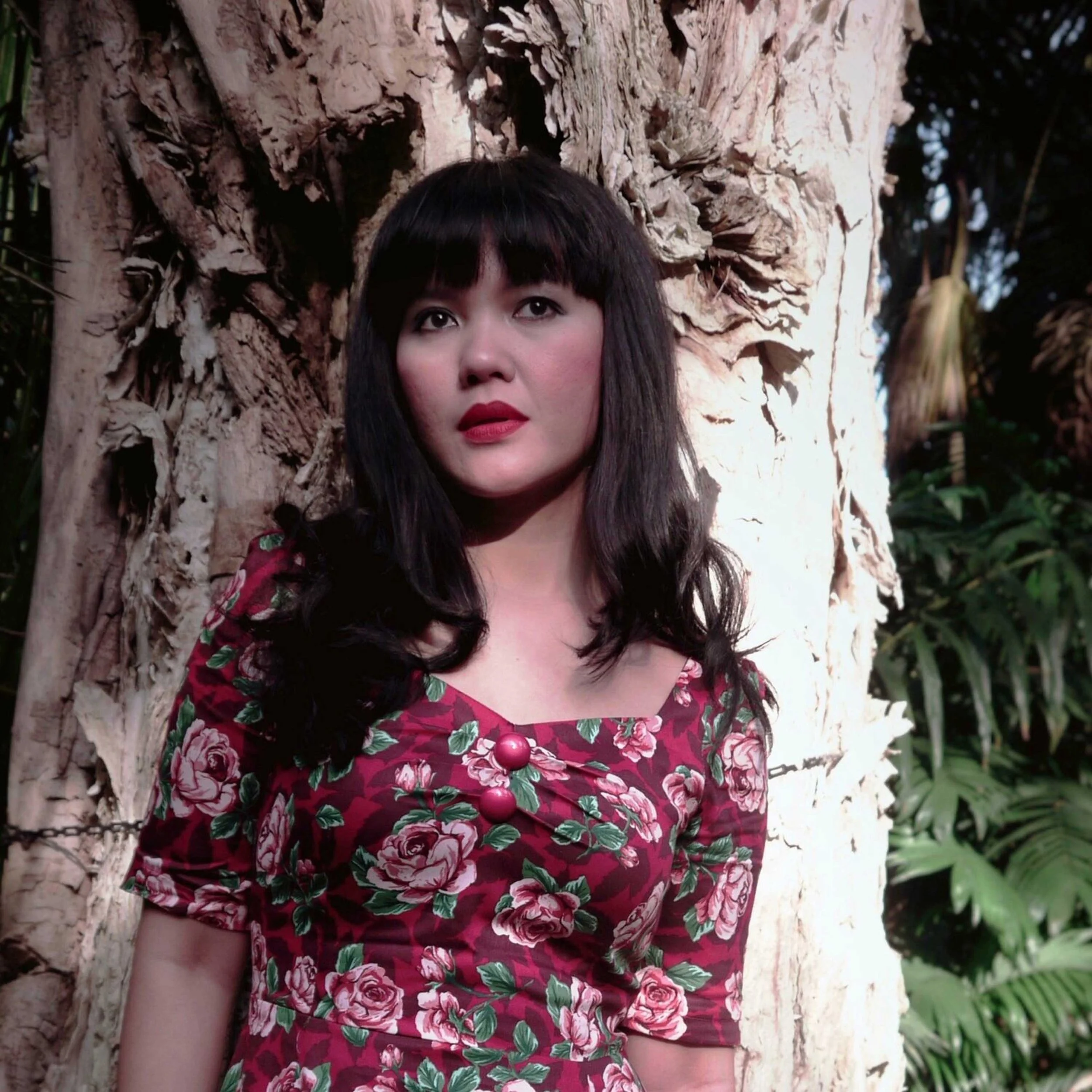DIANE VON FÜRSTENBERG: Woman in Charge & How AI Will Change Storytelling w/ Oscar-winning Director SHARMEEN OBAID-CHINOY
/Oscar & Emmy-winning Director
Diane von Furstenberg: Woman in Charge · A Girl in the River
Forthcoming Star Wars film starring Daisy Ridley
I think it's very early for us to see how AI is going to impact us all, especially documentary filmmakers. And so I embrace technology, and I encourage everyone as filmmakers to do so. We're looking at how AI is facilitating filmmakers to tell stories, create more visual worlds. I think that right now we're in the play phase of AI, where there's a lot of new tools and you're playing in a sandbox with them to see how they will develop.
I don't think that AI has developed to the extent that it is in some way dramatically changing the film industry as we speak, but in the next two years, it will. We have yet to see how it will. As someone who creates films, I always experiment, and then I see what it is that I'd like to take from that technology as I move forward.



















